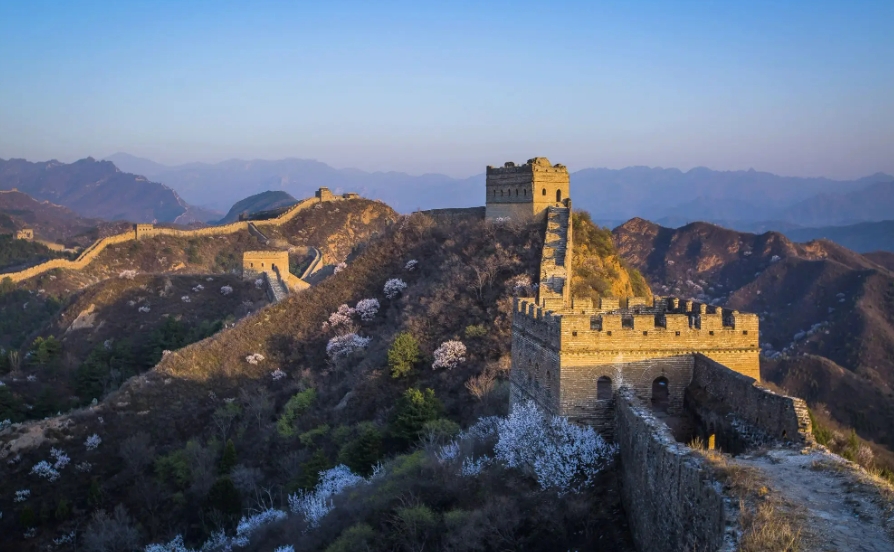
How Long and How High: Unveiling the Magnitude of the Great Wall of China
Lesson Summary
The Great Wall of China, a testament to human ambition and architectural prowess, is a structure of staggering proportions. Stretching over 21,196.18 kilometers (13,170 miles) across sixteen different regions of China, it's no surprise that this iconic landmark has captivated the world for centuries. But beyond its impressive length, the Great Wall's dimensions hold many fascinating details. The average height of the wall stands at 7.8 meters (25.6 feet), while its width varies between 4-5 meters (13-16 feet) at the top. This carefully considered design facilitated the movement of soldiers and supplies, playing a crucial role in the wall's defensive function.
A Wall of Sections, Built Over Centuries
To truly comprehend the scale of the Great Wall, it's essential to understand its construction. It wasn't built as one continuous structure, but rather a series of interconnected walls, built and rebuilt over two millennia by different dynasties. Each dynasty had its own purpose for the wall, resulting in sections with varying heights, widths, and materials.
Walking the Wall: A Journey Through Time
Imagine walking along the top of the wall, the wind whipping through the crenellations. These tooth-like gaps in the parapet, averaging about one meter in height, offered archers strategic vantage points to defend against enemy attacks. The top surface, paved with bricks or stone slabs, provided a stable pathway for patrolling soldiers.
The Base and Beyond: Strength in Depth
The foundation of the wall, often hidden beneath the ground, was just as important as the visible structure. Built with compacted earth and reinforced with stones, the base provided stability and prevented erosion. Its width, typically wider than the top, added to the wall's resilience against attacks.
More Than Just Bricks and Mortar
While the Great Wall's physical dimensions are impressive, it's important to remember the human stories woven into its very fabric. Millions of laborers, soldiers, and craftsmen dedicated their lives to building and maintaining this immense structure, their sweat and toil forever etched into its history.
The Great Wall Today: A Symbol of China
Today, the Great Wall stands not only as a testament to China's past but as a powerful symbol of its national identity. It represents the country's strength, resilience, and enduring spirit. Millions of visitors from around the world flock to witness its grandeur, marveling at its scale and pondering the countless stories it holds.
Questions & Answers
1. Why does the Great Wall have different heights and widths?
The Great Wall wasn't built all at once. Different dynasties constructed sections over centuries, each with varying purposes and resources, leading to variations in the wall's dimensions.
2. What is the purpose of the crenellations on the Great Wall?
The crenellations, or tooth-like gaps in the parapet, served as defensive positions for archers, providing them with protected vantage points to fire arrows at approaching enemies.
3. Why is the Great Wall considered a symbol of China?
The Great Wall embodies China's history, resilience, and cultural identity. It represents the country's strength and determination to protect its borders, making it a powerful symbol for the nation.